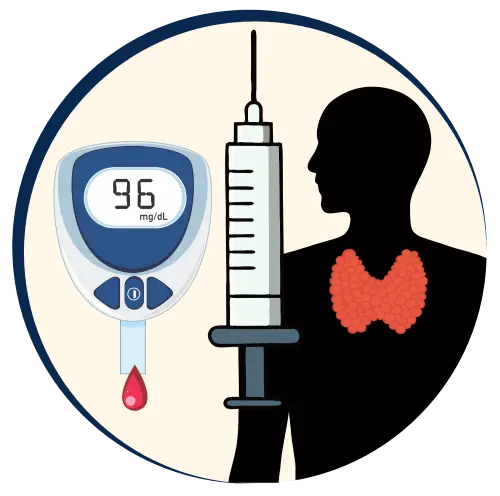Understanding PCOS & Its Impact
Polycystic Ovary Syndrome (PCOS) affects 1 in 10 women of reproductive age. Understanding the condition and implementing comprehensive management strategies can significantly improve symptoms and quality of life.
Hormonal Imbalance
PCOS involves elevated androgens, insulin resistance, and irregular ovulation.
Metabolic Effects
Often linked with insulin resistance, weight gain, and cardiovascular risks.
Reproductive Health
Affects menstrual cycles, fertility, and long-term reproductive health.
